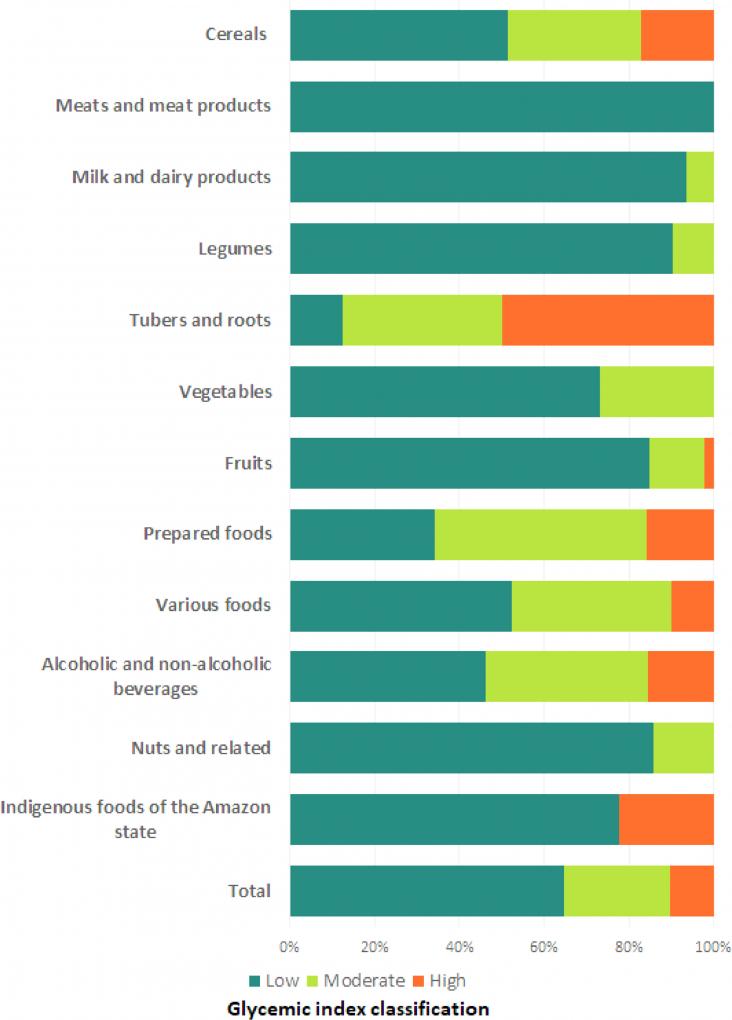
Discussion of the addition of glycemic index values to a Venezuelan food composition database with the aim of providing a useful resource for research and clinical settings in the region.
An Article in support of SDG 3, showing that in a sample of hospitalised people contributing data to the WHO Global Clinical Platform for COVID-19, HIV was an independent risk factor for both severe COVID-19 at admission and in-hospital mortality.
This Article supports SDGs 3 and 6, focusing on the effects of water, sanitation, and hygiene interventions on childhood diarrhoea in low and middle income countries. Their findings support the higher service levels called for under SDG 6.
This health policy supports SDGs 3 and 6, focusing on the neglected health issue of drowning. The paper discusses ways in which the issue can be framed to align with external priorities, particularly political contexts.
This Comment supports SDG 3 by highlighting the important of hepatitis C prevention, treatment, and risk reduction in prisons, calling for measures such as increased availability of point-of-care testing, direct-acting antiviral therapy, and education around HCV in carceral settings, as well as increased funding to support such measures.
In this relatively large cohort of allogeneic HCT recipients at risk for HBV reactivation, authors demonstrated that HBV vaccination with at least 2 doses of recombinant vaccine starting 1 year after transplantation is independently associated with a reduced risk for HBV reactivation and appears to be durable for years. Furthermore, authors confirmed that that HBV reactivation is a late complication of HCT, occurring at a median of 21 months after transplantation. Finally, authors confirmed that recipient HBsAb concentration above the threshold of protection (10 IU/L) before transplantation is independently associated with a reduced risk of reactivation after transplantation.
This Article supports SDG 3 by describing the association between low economic status and increased prevalence of hepatis B in China and calls for targeted interventions that could reduce this prevalence among poorer populations.
This Article supports SDG 3 by estimating the prevalence of hepatitis B, C and D viruses in Vietnam since 1990; findings indicate that hepatitis B virus is by far the biggest contributor to hepatitis-related morbidity and mortality in Vietnam and so and elimination efforts must focus on screening and treatment of pregnant women and improved provision of active and passive immunisation at birth to prevent vertical transmission.
This article aligns with the SDG goal 3 of Good health and wellbeing by demonstrating that direct-acting antiviral therapy is accompanied by an improvement in the quality of life of patients with chronic hepatitis C.
Background: Epidemiological studies have reported the associations between nitrogen dioxide (NO2) and pediatric asthma incidence, but unable to ascertain indoor NO2 sources.
